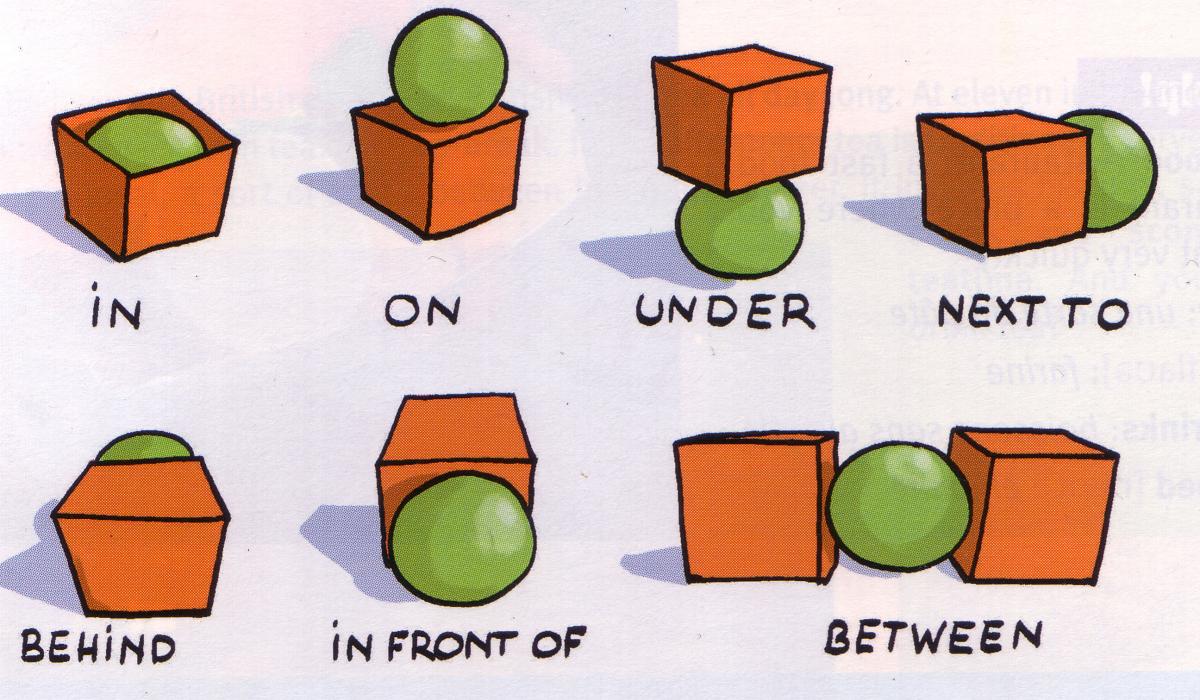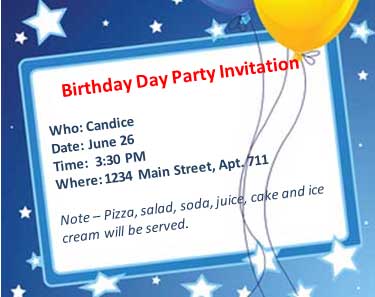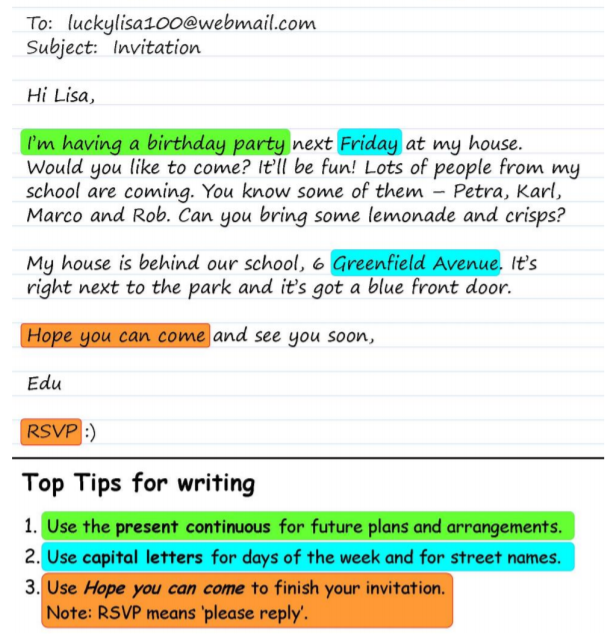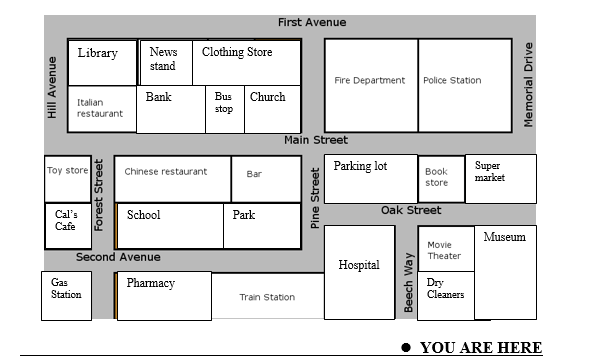Het arrangement 2BBL/KBL Unit 8: People is gemaakt met Wikiwijs van Kennisnet. Wikiwijs is hét onderwijsplatform waar je leermiddelen zoekt, maakt en deelt.
- Auteur
- Laatst gewijzigd
- 01-10-2020 12:27:18
- Licentie
-
Dit lesmateriaal is gepubliceerd onder de Creative Commons Naamsvermelding 4.0 Internationale licentie. Dit houdt in dat je onder de voorwaarde van naamsvermelding vrij bent om:
- het werk te delen - te kopiëren, te verspreiden en door te geven via elk medium of bestandsformaat
- het werk te bewerken - te remixen, te veranderen en afgeleide werken te maken
- voor alle doeleinden, inclusief commerciële doeleinden.
Meer informatie over de CC Naamsvermelding 4.0 Internationale licentie.
Aanvullende informatie over dit lesmateriaal
Van dit lesmateriaal is de volgende aanvullende informatie beschikbaar:
- Toelichting
- 2BBL/KBL Unit 2: People
- Leerniveau
- VMBO basisberoepsgerichte leerweg, 2;
- Leerinhoud en doelen
- Luisteren naar tv, video- en geluidsopnames; Engels; Dagelijks leven; Gesprekken voeren; Spreken; Luisteren naar aankondigingen en instructies; Gesprekken tussen moedertaalsprekers verstaan;
- Eindgebruiker
- leerling/student
- Moeilijkheidsgraad
- gemiddeld
Bronnen
| Bron | Type |
|---|---|
|
Speel de Kahoot met een klasgenoot! https://play.kahoot.it/#/k/a029ec9a-a0da-46e1-acbb-cbaecc446b5b |
Link |
Gebruikte Wikiwijs Arrangementen
Het Perron Engels Onderbouw. (z.d.).
2BBL/KBL/TL Unit 8: People

 Dear student,
Dear student,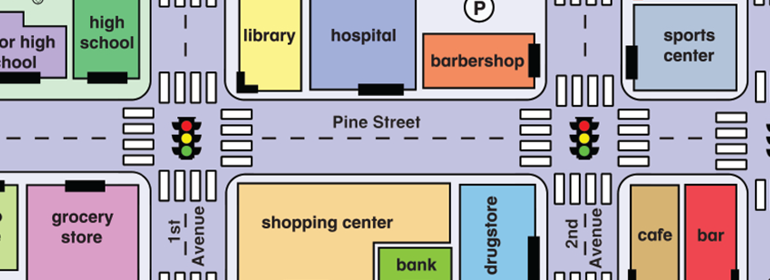

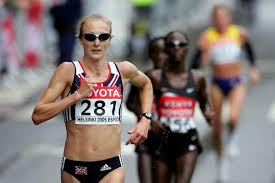

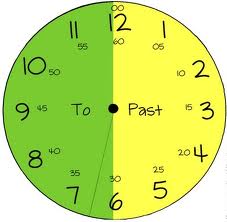
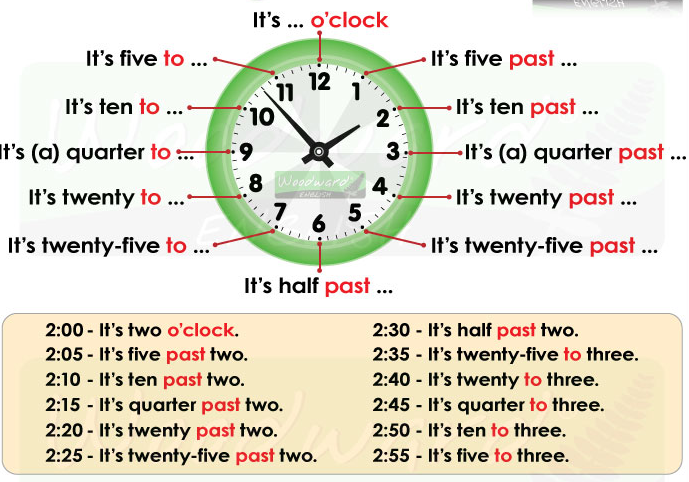
 Translate these sentences into English. Write them down in your notebook.
Translate these sentences into English. Write them down in your notebook.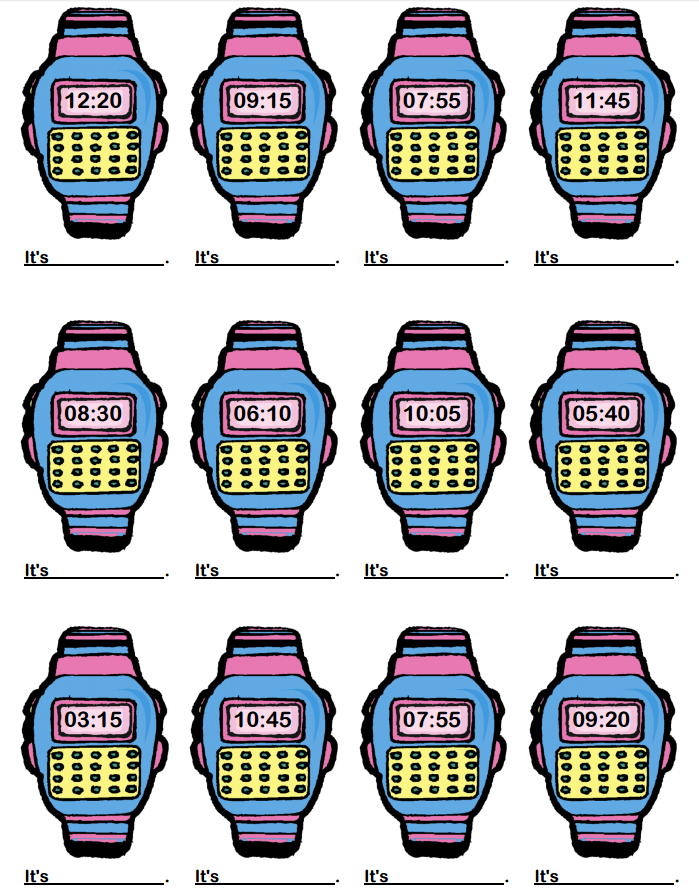

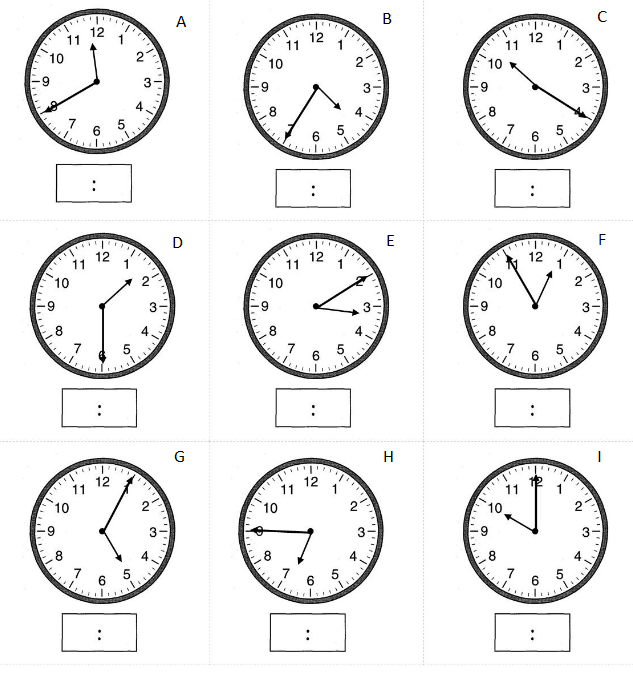
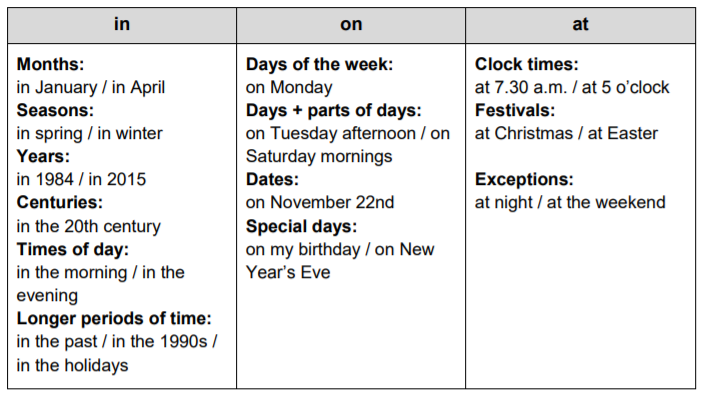
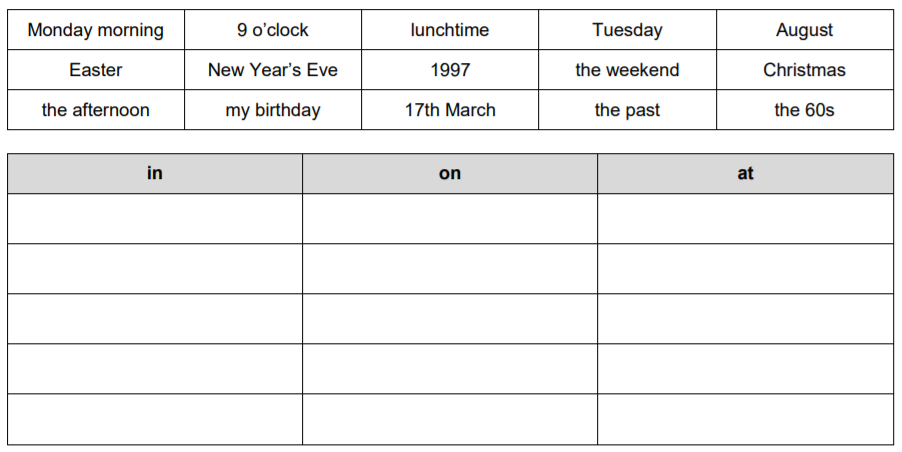
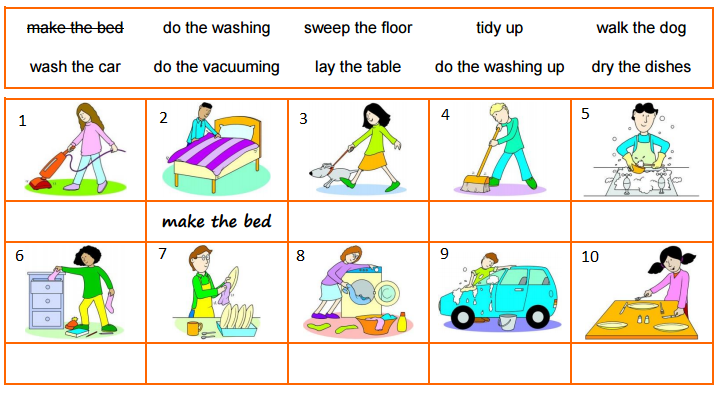
 Three brothers named Greg, Todd, and Rob all shared the chores. Every weekend, they would draw sticks to see who had to do what. The six sticks had the chores written on them. They each took turns drawing sticks until each of them had two. Then, they could trade if they wanted to, but they still each had to do both jobs.
Three brothers named Greg, Todd, and Rob all shared the chores. Every weekend, they would draw sticks to see who had to do what. The six sticks had the chores written on them. They each took turns drawing sticks until each of them had two. Then, they could trade if they wanted to, but they still each had to do both jobs. The next round, Rob went first, since he’d gone last the first round. He drew vacuuming duty. He shrugged. That one wasn’t too bad. Todd drew out dish washing duty, and Greg got laundry duty. “Anyone want to trade for lawn mowing?” Todd asked hopefully. “I’ll take that if you do both of mine.” Greg suggested, but that would leave Greg with three jobs and him with one. It wasn’t likely to happen. Todd thought about it and shook his head. “No, lawn mowing isn’t fun, but I can still get it done faster than doing three jobs. I would trade dishes for garbage, though.” “Deal!” Both were happy. Greg didn’t like garbage, and Todd wanted both of his jobs to be outside. It made sense.
The next round, Rob went first, since he’d gone last the first round. He drew vacuuming duty. He shrugged. That one wasn’t too bad. Todd drew out dish washing duty, and Greg got laundry duty. “Anyone want to trade for lawn mowing?” Todd asked hopefully. “I’ll take that if you do both of mine.” Greg suggested, but that would leave Greg with three jobs and him with one. It wasn’t likely to happen. Todd thought about it and shook his head. “No, lawn mowing isn’t fun, but I can still get it done faster than doing three jobs. I would trade dishes for garbage, though.” “Deal!” Both were happy. Greg didn’t like garbage, and Todd wanted both of his jobs to be outside. It made sense. Rob had already started his jobs, because he was fine with them. He’d already gotten the vacuum out while his brothers traded. He smiled at them and pushed the power button. He liked to listen to music while he did his chores. So the boys worked. They didn’t much care for work, but they knew it was better to just get on it and get it all done, rather than whine and waste time. If they worked fast, they all knew they’d have the afternoon off. Greg quickly finished the dishes, but then he had to wait to finish the laundry, because he couldn’t hang it up outside until that part of the grass had been cut. Of course, Todd planned on cutting that section last, smiling all the while.
Rob had already started his jobs, because he was fine with them. He’d already gotten the vacuum out while his brothers traded. He smiled at them and pushed the power button. He liked to listen to music while he did his chores. So the boys worked. They didn’t much care for work, but they knew it was better to just get on it and get it all done, rather than whine and waste time. If they worked fast, they all knew they’d have the afternoon off. Greg quickly finished the dishes, but then he had to wait to finish the laundry, because he couldn’t hang it up outside until that part of the grass had been cut. Of course, Todd planned on cutting that section last, smiling all the while.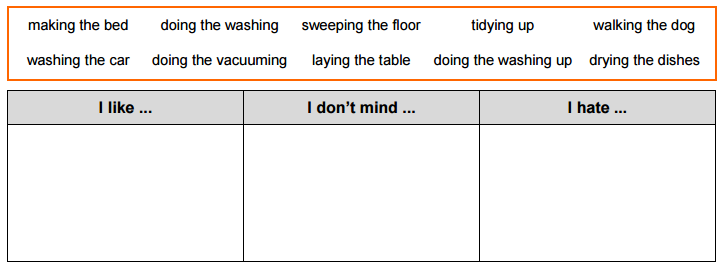
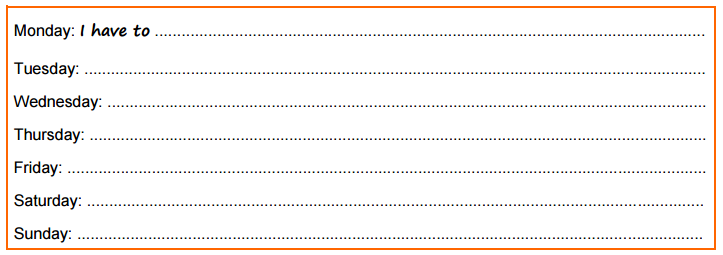
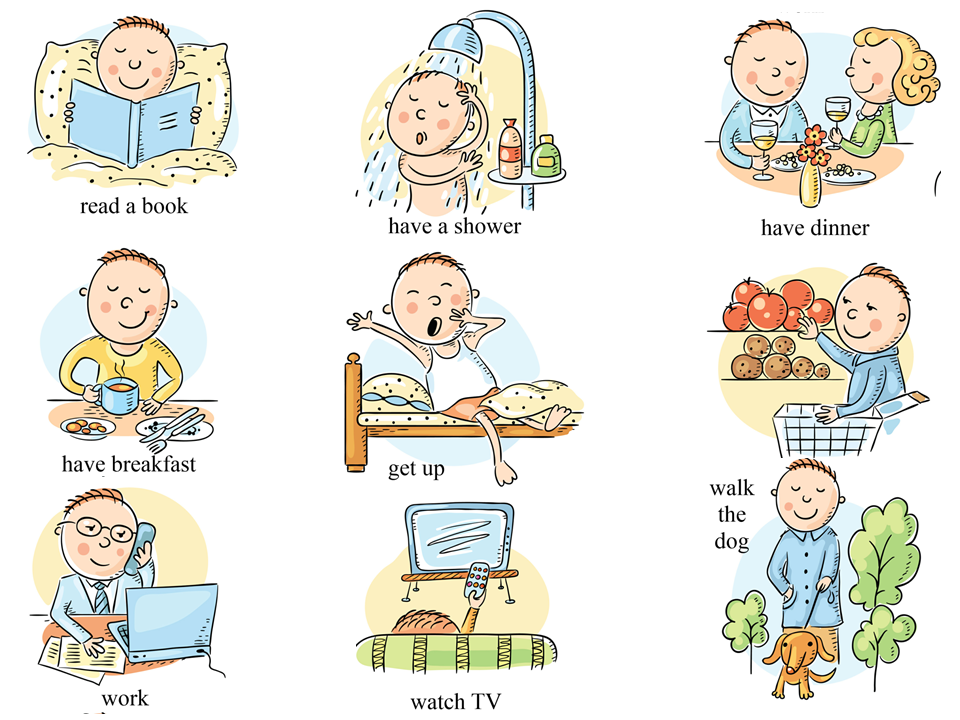
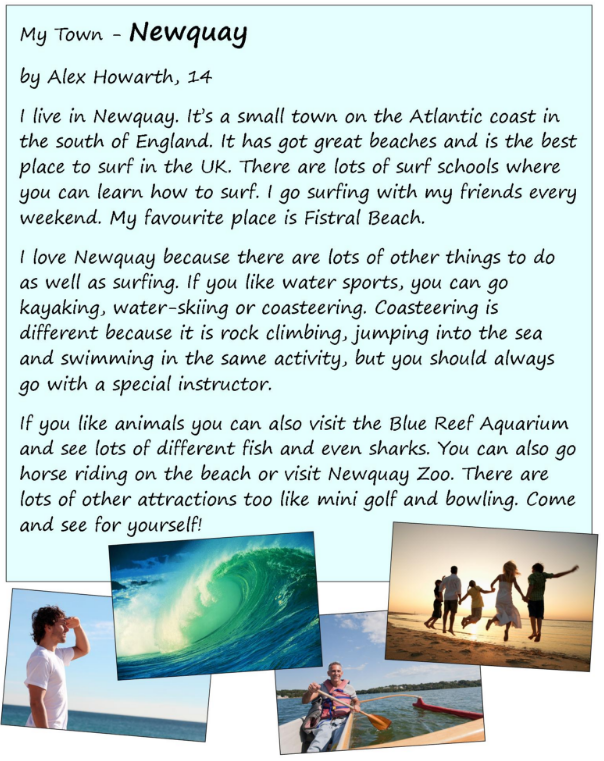
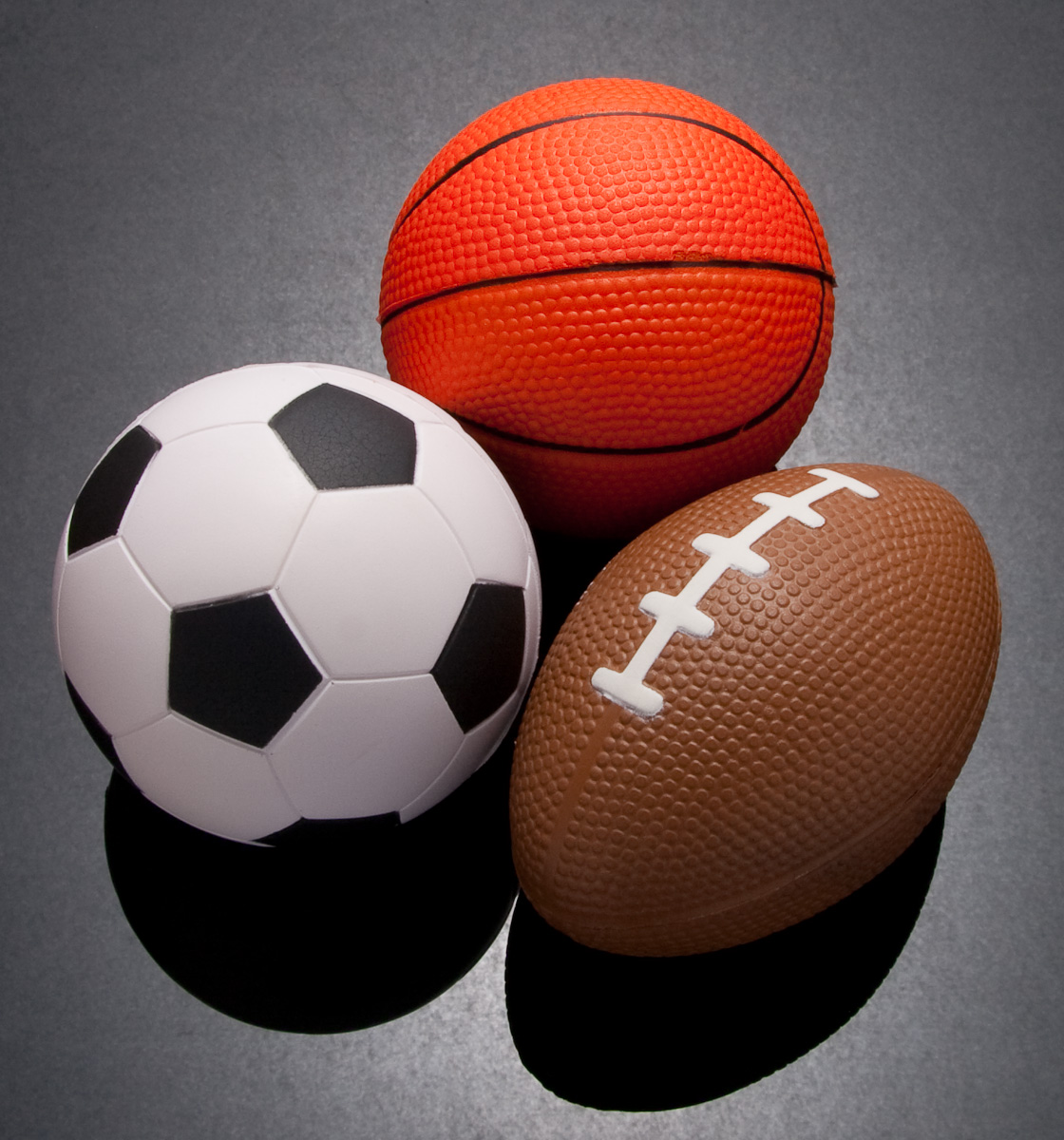
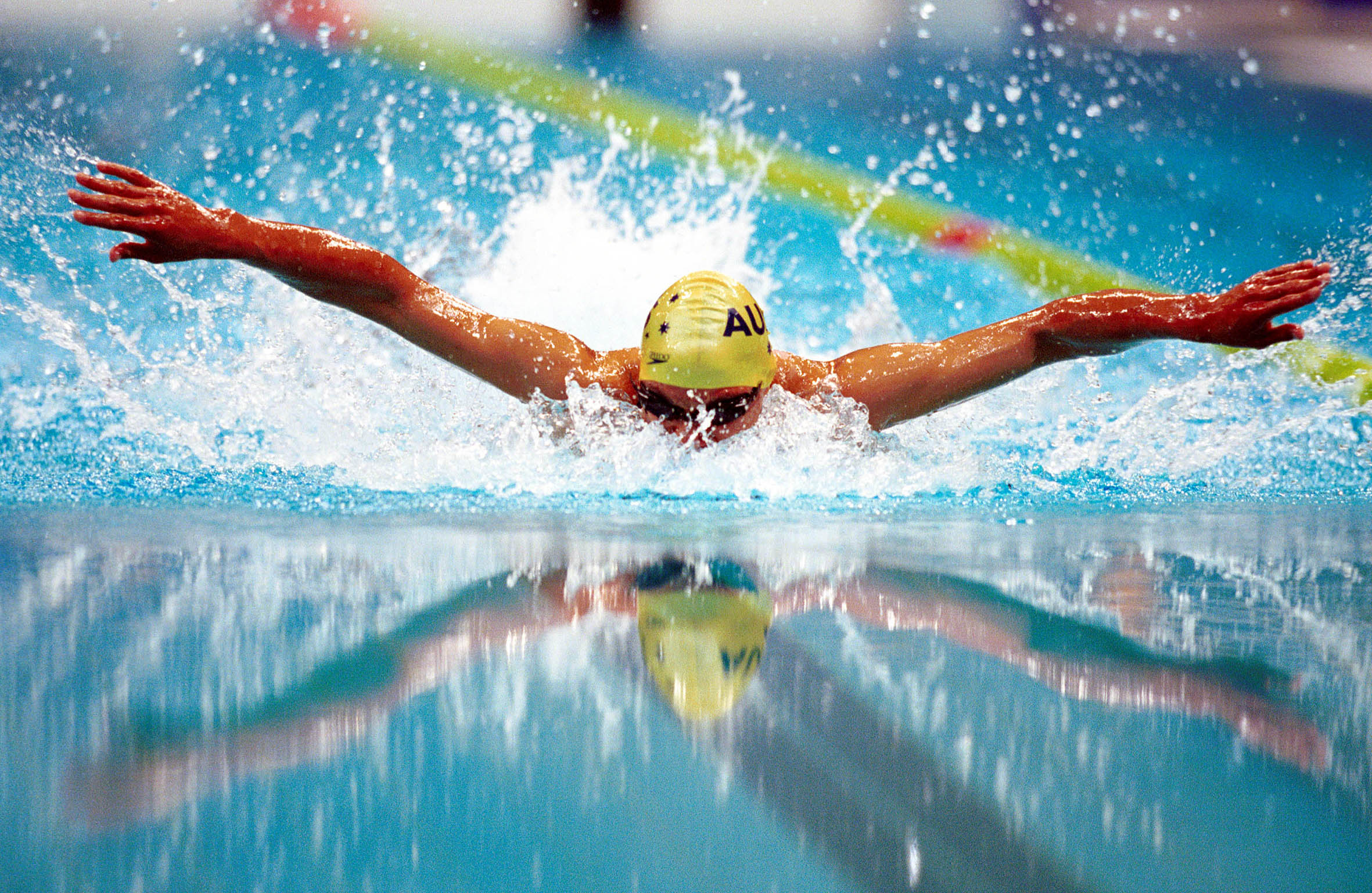
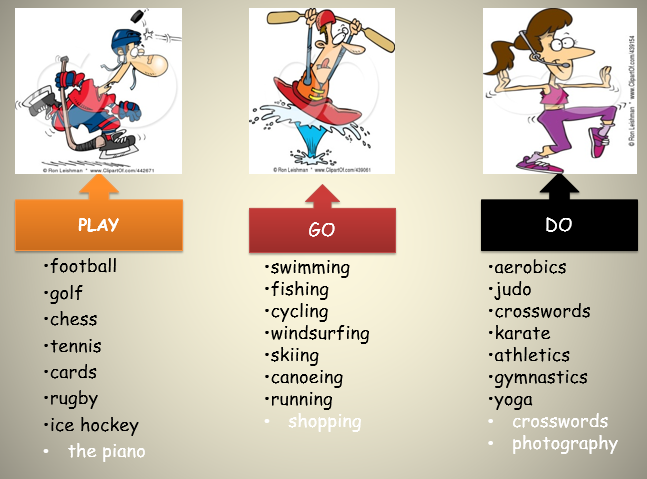
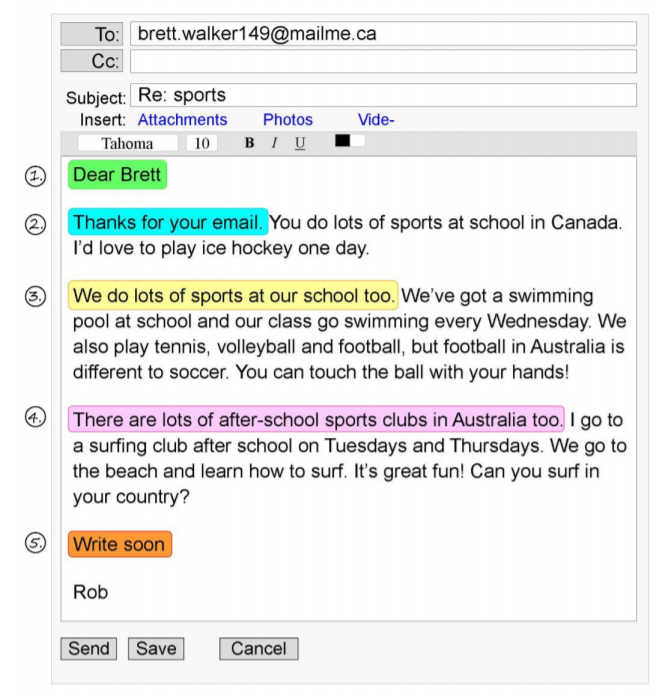
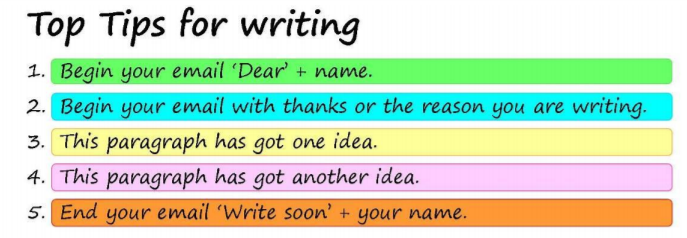
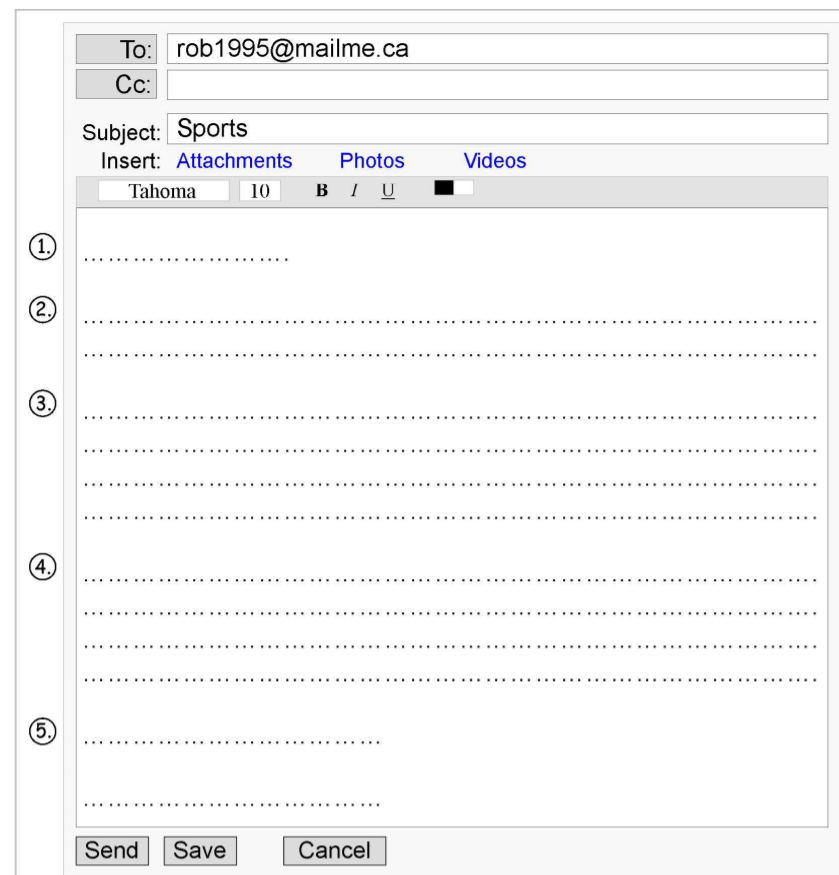
 million Americans. Only 50,000 were doing it in 1989. One of the most extreme of all these sports is BASE jumping.
million Americans. Only 50,000 were doing it in 1989. One of the most extreme of all these sports is BASE jumping.
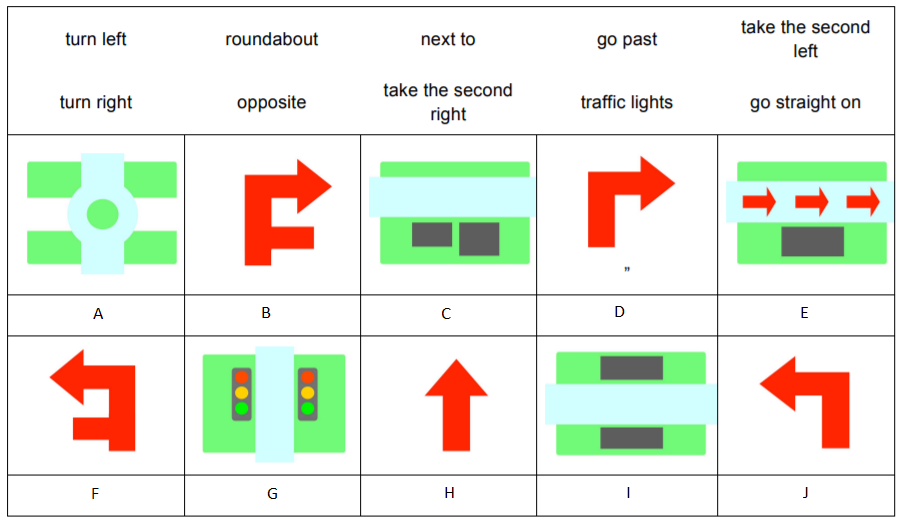
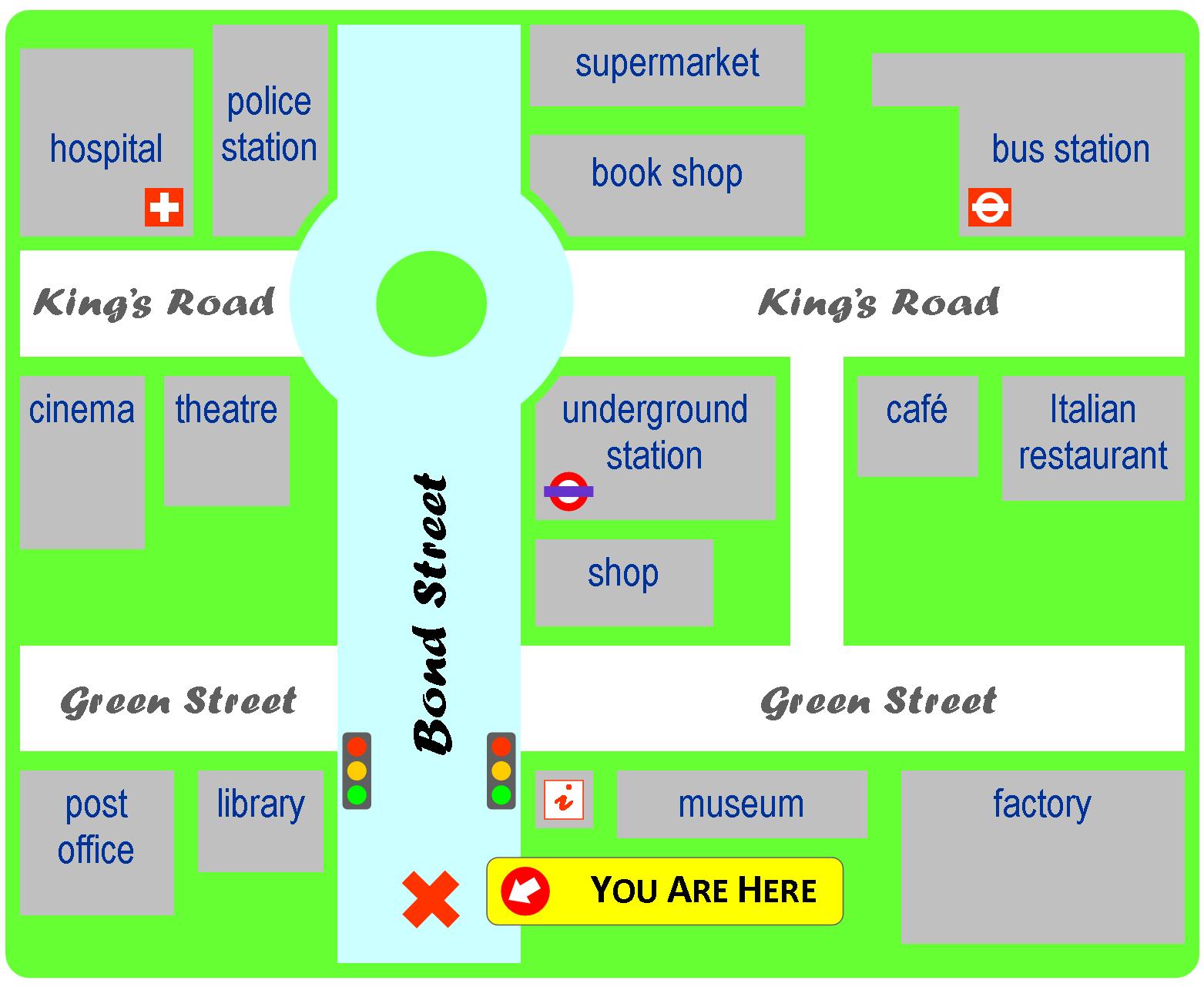
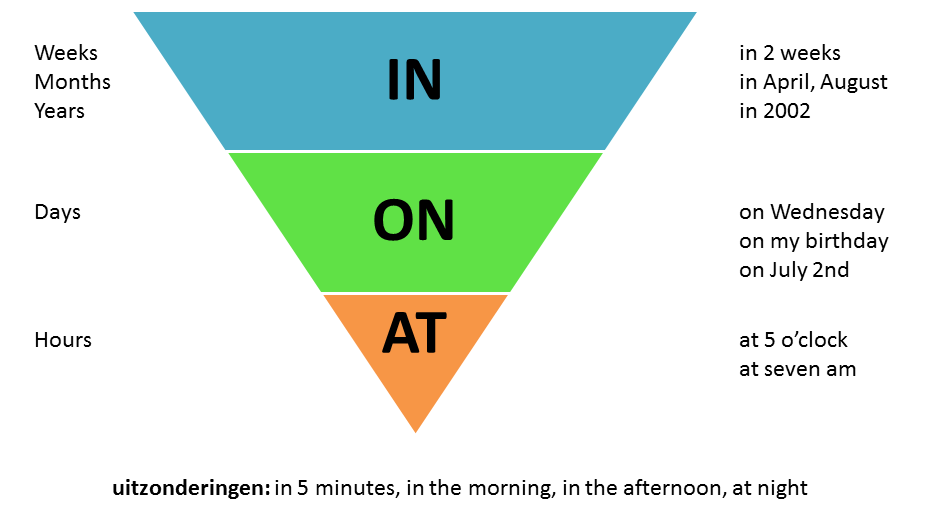 \
\